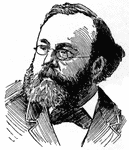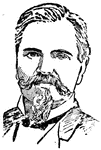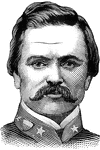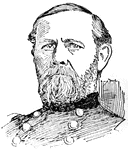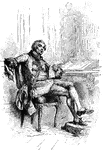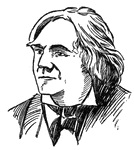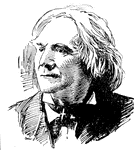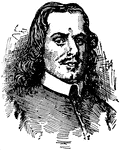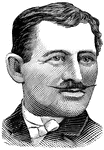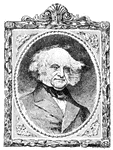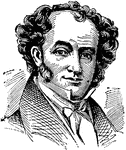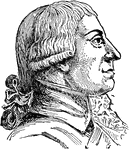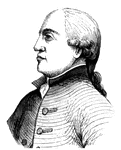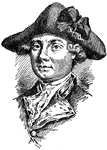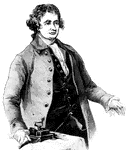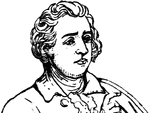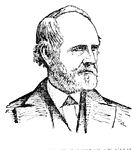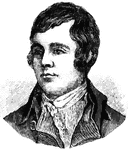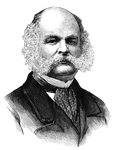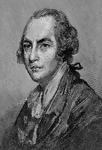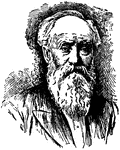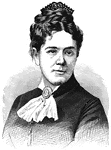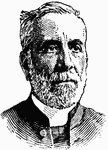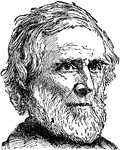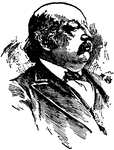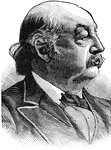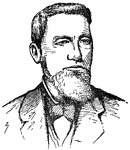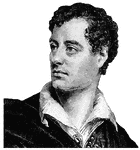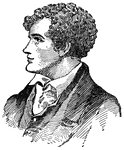363 illustrations of famous people including: Johann Sebastian Bach, Francis Bacon, Phineas Barnum, Clara Barton, Pierre Beauregard, Ludwig von Beethoven, Alexander Graham Bell, Giovanni Bellini, Thomas H. Benton, Anne Boleyn, Napoleon Bonaparte, Daniel Boone, John Wilkes Booth, Lord Henry Brougham, John Brown, James Buchanan, Edmund Burke, General Ambrose Burnside, and more
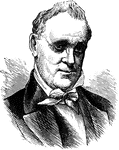
James Buchanan
(1791-1868) James Buchanan, fifteenth president of the United States, largely remembered for his failure…
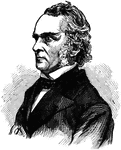
William Alfred Buckingham
William Alfred Buckingham (May 28, 1804 - February 5, 1875) was a Republican United States Senator from…
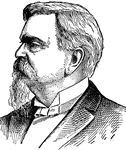
Simon B. Buckner
(1823-1914) U.S. Army officer and a general in the Confederate States Army during the American Civil…
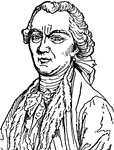
Comte de Buffon
(1707-1788) Georges-Louis Leclerc, Comte de Buffon was a French naturalist, mathematician, biologist,…
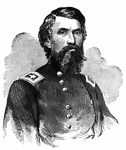
General John Buford
"General Buford, born in Kentucky in 1825, died in Washington, D. C., December 16th, 1863, was graduated…
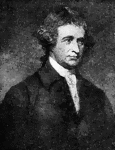
Edmund Burke
Chiefly remembered for his support of the American colonies in the struggle against King George III…
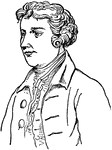
Edmund Burke
(1729-1797) An Anglo-Irish statesman, author, orator, political theorist, and philosopher, who served…
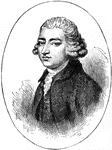
Edmund Burke
Edmund Burke (12 January 1729 – 9 July 1797) was an Irish statesman, author, orator, political…

Edmund Burke
(1729-1797) English statesman and author of Origin of Our Ideas of the Sublime and Beautiful
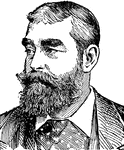
Francis Burnand
(1836-1917) Sir Francis Cowley Burnand was an editor of Punch, humorist, writer, and was knighted…
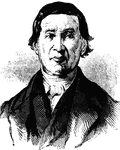
Robert Burnet
(1826-1893) Author who was born in what is now Zimbabwe. He wrote Phantoms of Africa, The Third Eye,…
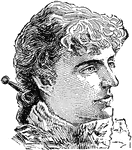
Frances H. Burnett
(1849-1924) Frances Hodgson Burnett was an English-American playwright and author.
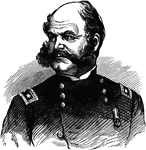
Ambrose Everett Burnside
Ambrose Everett Burnside (May 23, 1824 – September 13, 1881) was an American soldier, railroad executive,…
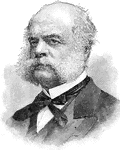
General Ambrose Everett Burnside
Ambrose Everett Burnside (1824 - 1881) was an American soldier, railroad executive, inventor, industrialist,…
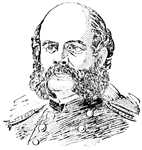
General Burnside
(1824-1881) Civil War soldier better known for the hair on the sides of his face, or Sideburns
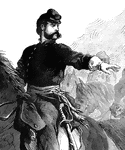
General Burnside
"Major General Burnside assuming command of the Army of the Potomac- issuing orders to his staff. 'Headquarters,…
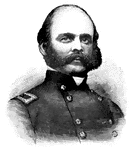
General Ambrose E. Burnside
"General Ambrose E. Burnside served during the Civil War."—E. Benjamin Andrews 1895
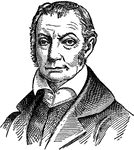
Aaron Burr
(1756-1836) American politician and adventurer. Burr is known for being the third Vice President, under…
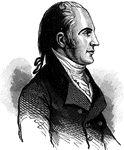
Aaron Burr
Aaron Burr, Jr. was an American politician, Revolutionary War hero and adventurer. He served as the…
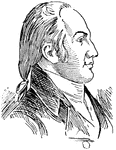
Aaron Burr
(1756-1836) New Your State Attorney General, US Senator from New York, American vice-president 1801…
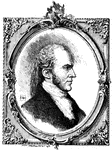
Aaron Burr
"Aaron Burr was the grandson of President Edwards and Attorney-general of New York in 1789."—E. Benjamin…
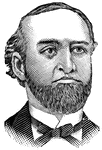
R. T. Bush
Bush is president of the Bush and Denslow Manufacturing Company, refiners and dealers in oil.
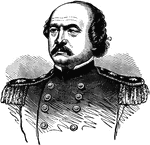
Benjamin Franklin Butler
Benjamin Franklin Butler (November 5, 1818 – January 11, 1893) was an American lawyer and politician…
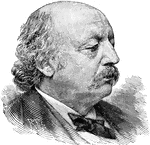
Benjamin Franklin Butler
Benjamin Franklin Butler (1818 - 1893) was a lawyer and politician who was a U. S. Representative for…
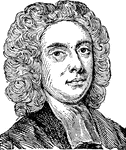
Bishop Joseph Butler
(1692-1752) Butler was an English bishop, theologian, apologist, and philosopher. He is most famous…
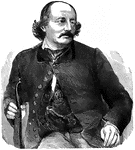
General Benjamin F. Butler
"General Butler was born in Deerfield, N. H., November 6th, 1818. At the time of President Lincoln's…
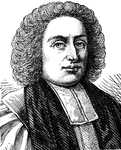
Bishop Joseph Butler
Joseph Butler (May 18, 1692 O.S. – June 16, 1752) was an English bishop, theologian, apologist, and…
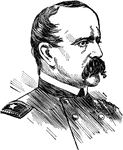
Daniel Butterfield
Daniel Adams Butterfield (October 31, 1831 – July 17, 1901) was a New York businessman, a Union General…
